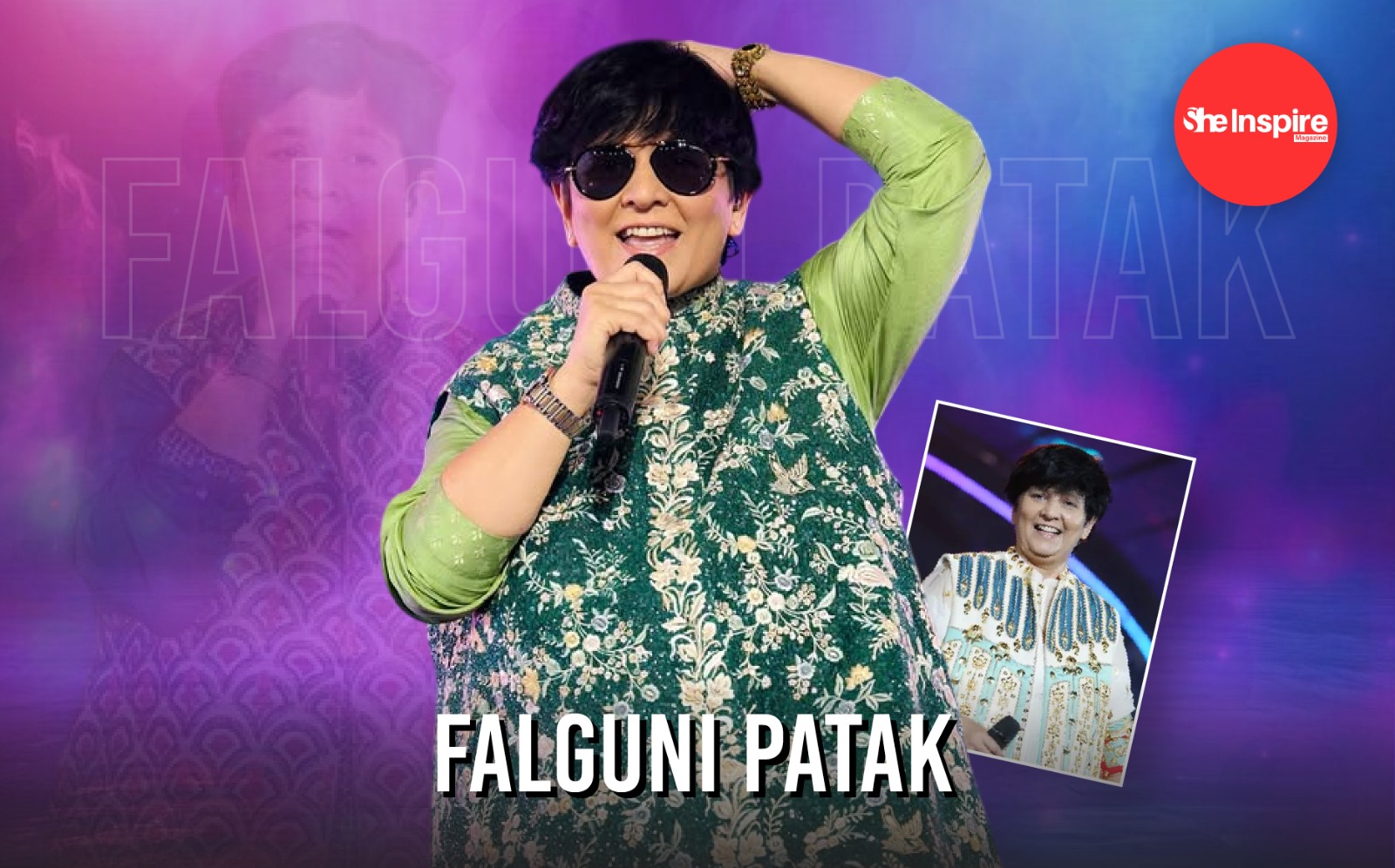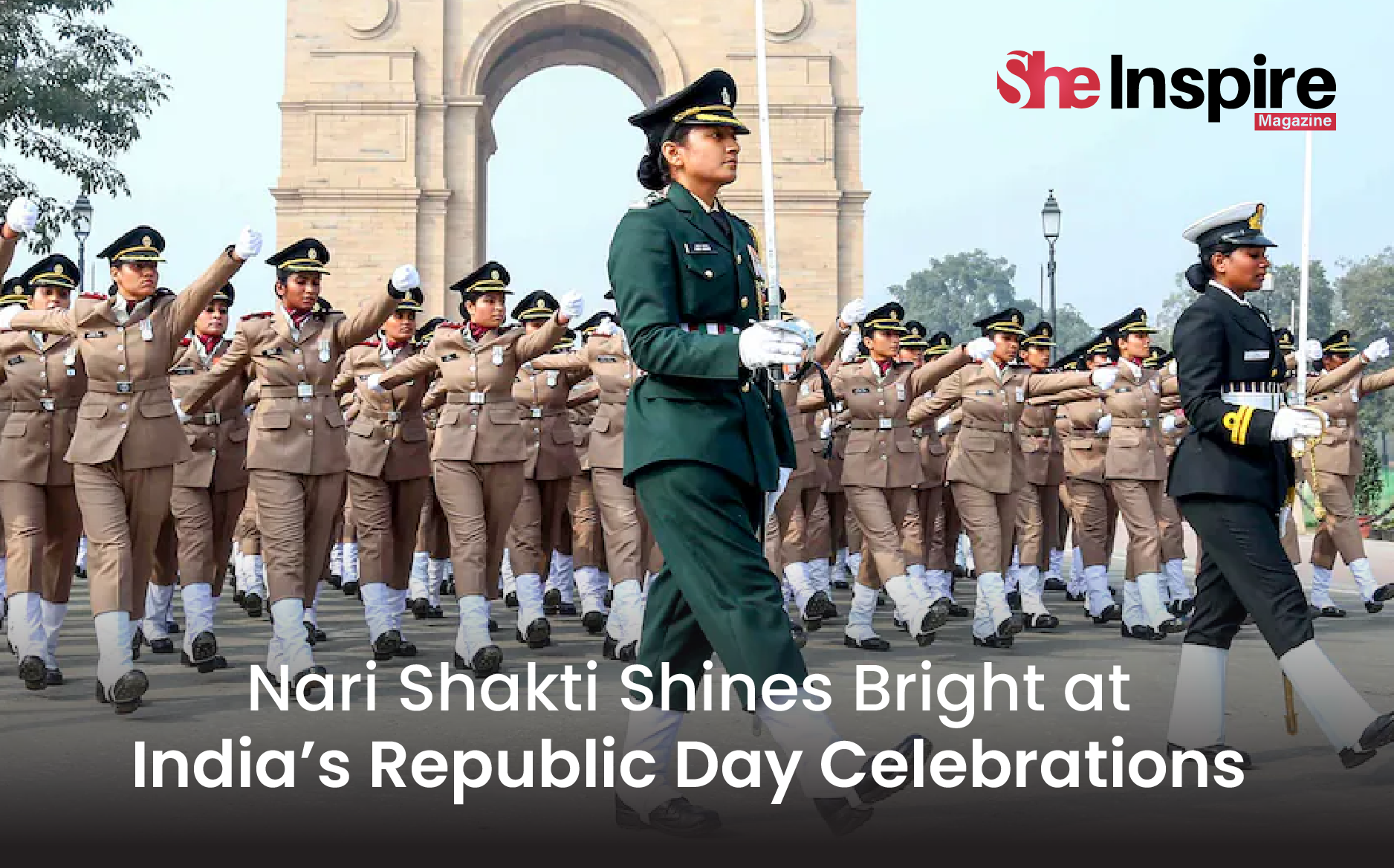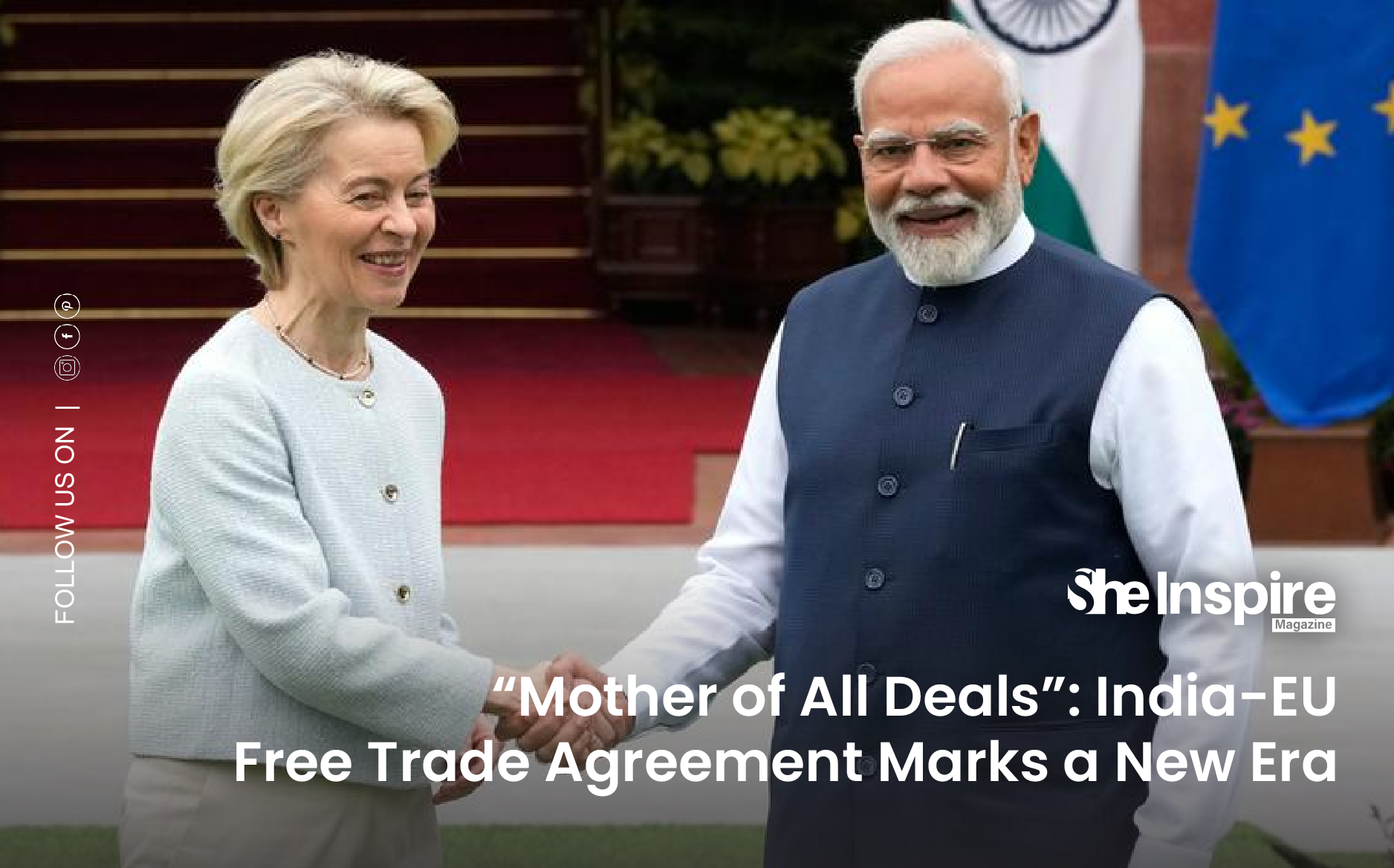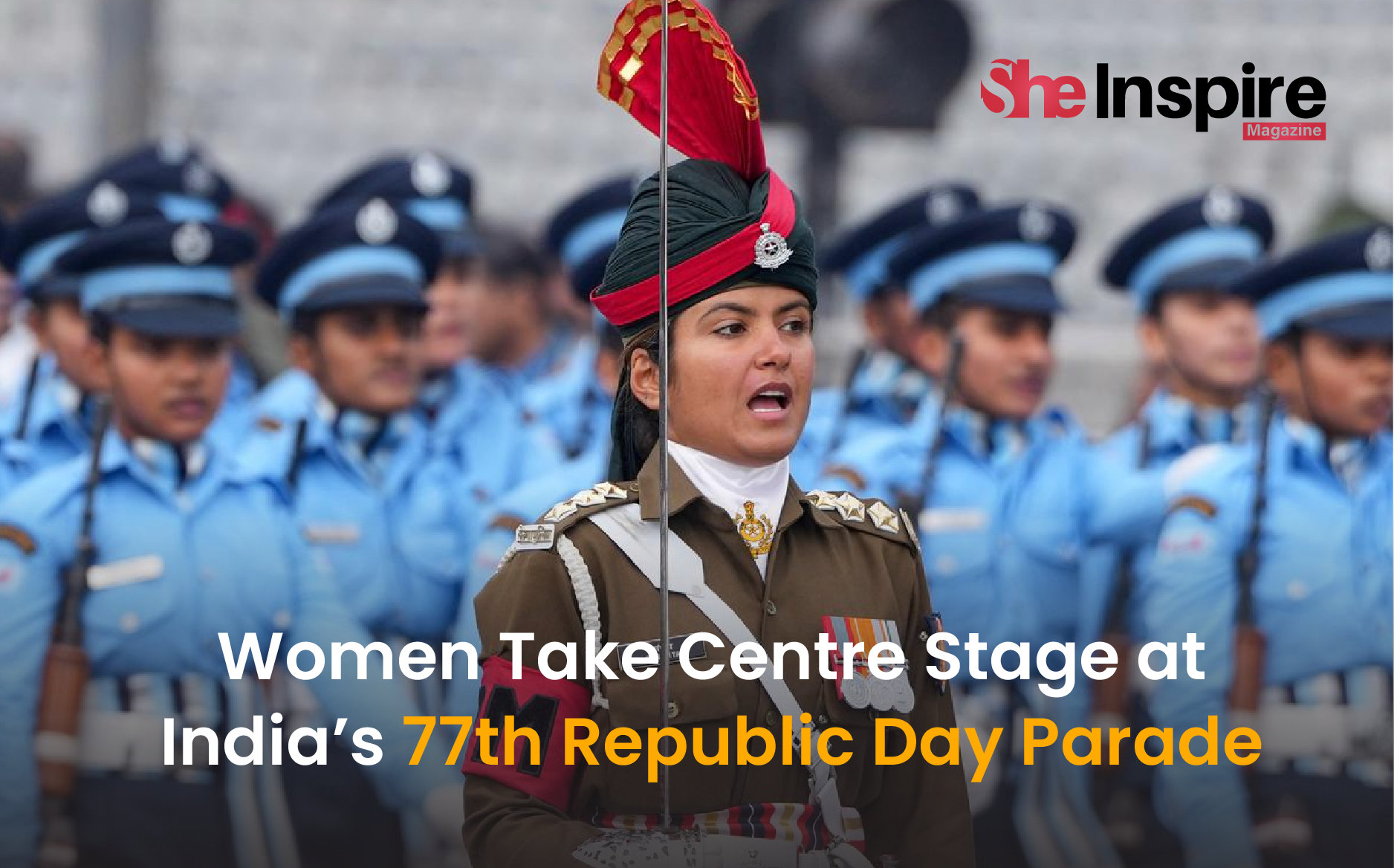Falguni Pathak The Queen of Dandiya Who Rules Every Navratri

When it is about Navratri celebrations, there is one name that stands out and above all the rest. Falguni Pathak singer of India's most popular Garba nights is one such name. Her voice has become synonymous with happiness, celebration, and tradition. For those still thinking as to who is Falguni Pathak, she is an artist whose music binds generations together, fusing folk, pop, and sheer celebration. Since her early stage performances to full-house Navratri shows, she has established a unique legacy.
Quick overview of Falguni Pathak
Name: Falguni Pathak
Age: 56 years
DOB: 12 March 1969
Residency: Mumbai
Net worth: 1.1 billion
Marital status: Single
Early life & Musical Initial Stages
Before the lights, the stage, and the enormous crowds, there was a little girl in Mumbai singing tunes that would eventually establish her as a household name. Born on March 12, 1969, Falguni Pathak was raised in a Gujarati family where music naturally became a part of everyday life. Even as a child, she was attracted to classic folk ballads and devotional songs, frequently singing at small family gatherings. Her love for rhythm and lyrics was the cornerstone of her career, gradually establishing the persona of the Falguni Pathak singer we have today.
The 1990s saw the dawn of Indian pop, and Falguni entered the limelight with a style of her own. Her first album in 1998 shook the industry with unforgettable Falguni Pathak tracks such as Maine Payal Hai Chhankai, which immediately hit the chord with young listeners. Unlike others, though, her music had the energy of folk merged with contemporary beats, providing her with a niche all of her own. Before long, her shows were much more than concerts they were celebrations of energy, heritage, and happiness. Her success remains lauded by people and even included in Women's Magazine India, whose account inspires many as evidence that passion, when undertaken from the heart, becomes immortal.
Falguni Pathak Education
Falguni Pathak singer's journey is not complete without a reference to her education, which silently molded her confidence and discipline. She was born in Mumbai on March 12, 1969, and did her schooling in Mumbai, where her passion for singing used to be more prominent than subjects. Her teachers urged her to perform at annual functions and cultural events, and these performances were her initial lessons in stage presence. Even at a young age, Falguni demonstrated that learning doesn't always remain within classrooms—it may also result from experience.
Upon completion of higher studies in Mumbai, she continued to pursue academics while indulging in her passion for music. Though she never pursued a professional degree in music, school and college days introduced her to competitions, events, and crowds that groomed her as a performer. Friends and gurus also remember her as the one who transformed every social occasion into a musical evening.
In today's world, when fans look up who is Falguni Pathak or dance to classic Falguni Pathak tracks, her journey reflects how passion and education can go together. Her humble educational background might have been small, but it provided her with the foundation to pursue her ambitions and create a career that serves as an inspiration to millions.
Journey from Indie Pop to Navratri Nights
The Falguni Pathak singer's biography is a stunning combination of contemporary music and eternal tradition. Falguni Pathak was first stealing hearts in the late 1990s with indie pop, a sound that was trending heavily then. Her initial album and subsequent hits provided India with some of the most popular Falguni Pathak songs, such as Maine Payal Hai Chhankai and Yaad Piya Ki Aane Lagi. These tracks were different from the rest due to their innocence and emotional connection, charming the young masses and establishing her as one of the most iconic faces of the pop generation.
With the rise of fame came the increase in her affinity for cultural music. Falguni automatically embarked on a journey through folk and became the rhythm of Navratri. Each year, followers eagerly anticipate a Falguni Pathak Garba show, with thousands of people attending in vibrant clothing, dancing along to her thunderous voice. Her talent for fusing Gujarati folk beats with her high-energy approach made her performances an experience unlike any other. What is so remarkable about her story is the way she transitioned from the cassette-and-TV era of indie pop to live stages with dance, worship, and ritual. She is now famous not only for her classic songs but also for making Navratri nights musical nights to remember.
Stage Presence and Fan Following
The beauty of Falguni Pathak singer is not just in her voice but also in the confidence with which she performs on stage. Her performances are filled with a spark that is never lost, irrespective of the number of years that elapse. The moment the music starts, there is an oneness that the crowd experiences, which is warm, welcoming, and full of vitality. If she sings classic Falguni Pathak numbers, not only do people listen to them, they sing, clap, and dance, and make each performance a big party.
Her fan base is a phenomenon in itself. Thousands of young and old flock to each Falguni Pathak Garba performance, going long distances just to hear her live. Unlike most singers, her popularity cuts across generations: parents present her songs to their kids, and youth discover her voice as invigorating today as it was in the 90s. Her performances are described by fans as moments of sheer bliss where music, tradition, and bonding come alive.
What makes her special is that she doesn’t simply sing; she creates a space where people feel free, festive, and united. This lasting bond with her audience explains why Falguni’s popularity has never dimmed and why she remains the heartbeat of Navratri and beyond.
Legacy of Music and Dance
The legacy of Falguni Pathak is etched in the smile she brings to music and dance. She has been doing it for over two decades now, making a place where tradition meets celebrations. She started with pop numbers that became family favorites, but her true legacy will be in how she made Navratri nights into cultural experiences never to be forgotten. A Falguni Pathak live concert is not merely a matter of listening to songs it's about experiencing the beat, dancing to the rhythm, and being a part of the festivities.
Each Falguni Pathak performance attracts thousands of individuals who gather with unprecedented fervor. Her music has become synonymous with the vigor of Garba and Dandiya and thus her performances are some of the most highly anticipated festivities of the season. Families, teenagers, and even international fans identify her music with unity and tradition.
Through every Falguni Pathak Navratri celebration, she has kept the spirit of folk culture alive while giving it a modern stage. Her legacy lies in how she has turned music into a bridge between generations, keeping dance and tradition relevant for the youth while honoring the past. Falguni’s name will always echo with the sound of Dandiya sticks and the joy of celebration.
Why Falguni Pathak is Irreplaceable in Garba and Dandiya?
There is a heartbeat to each festival, and that heartbeat of Navratri is Falguni Pathak. Try to picture a Garba floor without her voice it's incomplete, such as Dandiya without the sticks or Garba without the circles of people. Falguni cannot be replaced because she doesn't sing; she makes the environment around her. As soon as she starts a performance, the audience automatically turns into a family of people celebrating together.
Her magic lies in the balance between folk authenticity and modern beats. While other artists may come and go, Falguni’s voice carries the tradition of Gujarat yet appeals to today’s youth with equal power. A Falguni Pathak live performance is a blend of nostalgia and excitement where elders relive their memories and youngsters make new ones.
What also sets her apart is the trust that has been established over decades. People schedule their celebratory evenings around a Falguni Pathak Navratri show because they know she does not just provide music but a memory worth cherishing. Her songs have become an integral part of the fibre of Navratri, so much so that in her absence, the festival does not seem as colorful.
Falguni is not only a performer; she is the beat of Garba itself, and that is why she can never be replaced.
Conclusion
Falguni Pathak has left a legacy that no other festival can match. Any Falguni Pathak show is not just a musical night—it's a celebration of culture, tradition, and community. The "Queen of Dandiya," she has made Garba nights into huge events where music and dance bring together thousands of people. Her ageless voice makes each Falguni Pathak Garba a memory imprinted in the hearts of people, demonstrating that her connection to the crowd is forever strong.
Evergreen Falguni Pathak Navratri songs have become an integral part of the celebration, making each year new yet old at the same time. A Falguni Pathak live performance has the same magic it had years ago, marrying nostalgia with festive spirit. Her role in music is not popularity but safeguarding culture. That's why when the topic is Garba and Dandiya, Falguni Pathak will never be replaced.



